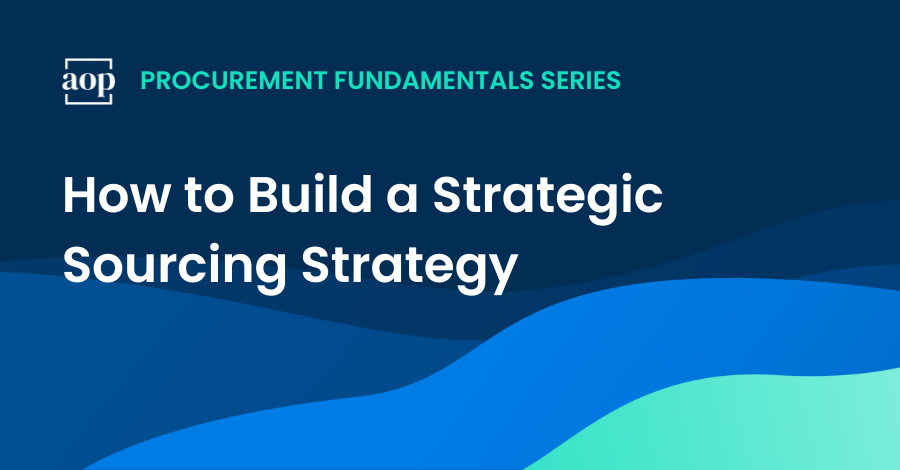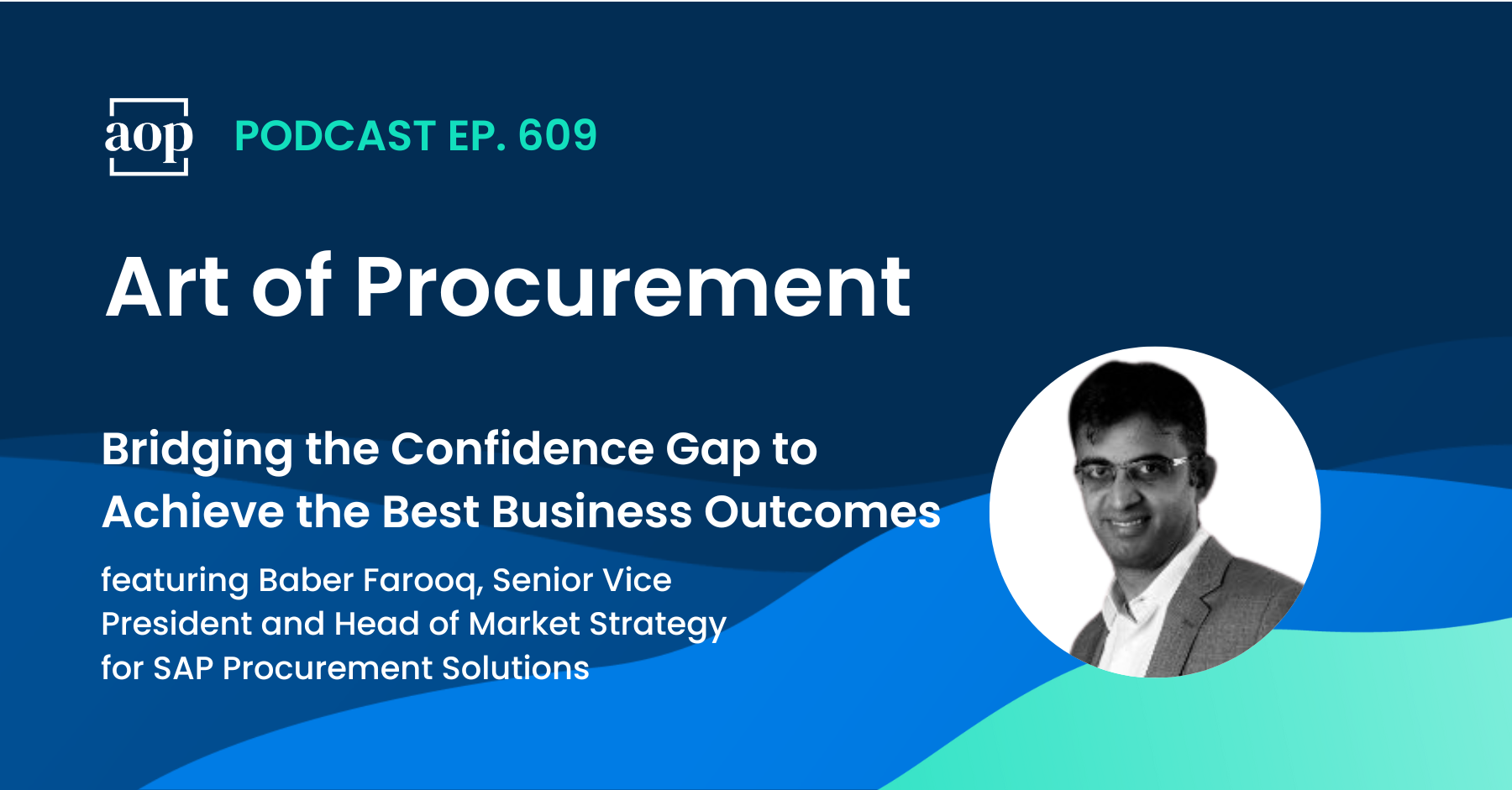3 min read
The Struggle is Real, but the Solutions are Many: Building Effective Procurement Teams
Greg Tennyson : Updated on December 1, 2024

The conversation around talent shortages in the procurement space has been going on for five or ten years now. I’ve come to realize that the real problem is not the lack of ready-to-go procurement talent, it is hiring managers’ inability to see a future procurement pro in a law student, a finance professional, an engineer or yes even a sales person.
An investment is required to grow non-traditional sources of talent into procurement professionals, but the end result is often a better rounded team. A procurement team should be comprised of diverse talent by design in order to speak the language of the business. A homogeneous team will have its own inherent challenges – one being that innovation is harder.
How you build your team depends on the market conditions you are in and the skills or talent profile you are hiring for. Depending on the availability of qualified candidates, you may allow someone to work virtually or look to other disciplines to bring a new resource in and then round them out. But to simply say ‘there’s a talent shortage’ and do nothing about it is a naysayer’s approach. Get creative.
Cross-Functional Procurement Talent
At my prior company, I had an engineer playing a procurement role. I had somebody in finance on the team. I had attorneys on the team. If you restrict yourself to an artificially small portion of the talent pool by insisting upon a fixed skill set you’re naturally going to have hiring challenges. Just keep an open mind.
My philosophy, regardless of the skill set in question, is to hire the best resource you can find, train them, and invest in them. If they stay, they will become successful procurement professionals and if they leave they will be well informed enough to serve as advocates for procurement.
But thinking differently is not just about where we source talent, it affects the skills we are focused on. Procurement will quickly loose relevance if we don’t proactively prioritize soft skills in our hiring practices. Look at the traditional competencies for a procurement professional: the ability to negotiate successful outcomes, the ability to read and redline a contract, the ability to build relationships. In my opinion, soft skills are now more important in procurement than some of the technical skills we have emphasized in the past.
Taking Risks to Incorporate High Performers
All good managers want to put people into roles that will challenge them in a healthy way. I’ve put people in roles that I knew would be hard for them, and I was authentic enough to say, ‘This is going to be a make it or break it situation for you. Grab the opportunity, and I’ll invest in you. If you are successful, wonderful, if not I’ll be your best reference.’ The reality of the situation is that you have to release people if they aren’t a good fit, even when it is a tough decision. But that is not a reason not to make an effort to bring non-traditional backgrounds and approaches into procurement.
In my experience, there is more than one kind of high performing professional. Some lack engagement and become a challenge, but that is not hard to handle. Complacency is a bigger problem. Having a pep talk with people that are no longer motivated is challenging. You have to educate people on what the opportunities are for them. By understanding what’s important to them (work life balance, career development, etc.) you can sort out what motivates them.
The same approach works for building relationships with internal stakeholders. Sit with the business, understand what their challenges are, look at the opportunity from their perspective. I think demonstrating that appreciation makes you more effective. Each of us needs to appreciate the culture we are in and operate within that culture: the culture of procurement, of the company, and of the industry as a whole.
Human behavior is interesting. If somebody has confidence in their ability to do something they’ll gravitate towards it. A lot of individuals are focused on transactions; they are tactical. You can’t just go in and anoint somebody and say, ‘Now you’re strategic.’ You must develop their capabilities and create the expectation that they are no longer in their former role. Otherwise, a week, a year, two years into the process they will gravitate back towards those transactional responsibilities. Being a leader in the procurement space requires us to adapt and be flexible.
What is Next for Procurement?
I’ve watched procurement gradually shift away from a focus on tactical or technical capabilities to more strategic responsibilities and the development of soft skills. I’ve seen it, and I’ve lived it. The organizations that have not gotten on that bandwagon of their own accord are no longer relevant. That shift has occurred, and technology has been a key enabler in making that happen. When people talk about applying robotic process automation (RPA) or AI within the procurement space, the first steps have already been taken, and we’re trying to figure out how we can further leverage it. Perhaps, through sourcing tools and decentralized buying, procurement’s next incarnation will be as an overseer of technology and broad business outcomes. Procurement’s role will be centered on value creation in a consultative, advisory role and less about compliance and transactions.
This article is based on an Art of Procurement podcast interview between Greg Tennyson and Philip Ideson



.png)
